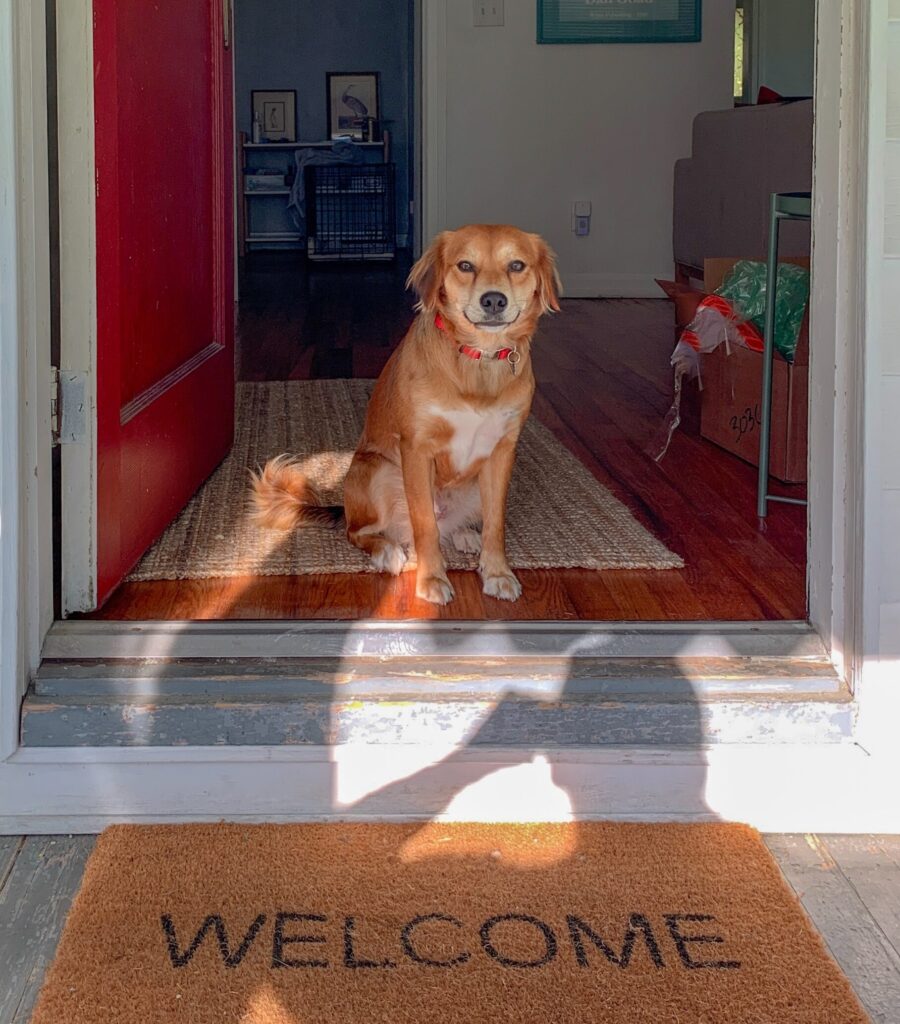
Is your pet is exhibiting problematic behavioral patterns that are causing you to consider getting rid of him/her? You are not alone, but the good news is that there is hope! There could be many potential causes and many potential solutions to what your dog is experiencing. Here are some things to try first before making the heartbreaking (to you and your dog) decision to surrender!
- Talk to your vet about your animal’s behavior. Some behavioral issues can be a symptom of underlying medical issues which can be easily fixed by receiving veterinary care, e.g., biting could be a sign your dog is in pain, and barking when you are not home could be due to anxiety, both of which can often be helped with medical treatment or medication; Incontinence can often be helped by medication, etc.
- If your pet’s behavioral pattern is not health-related, take some time to figure out the underlying cause or trigger of your dog’s behavior. For example, biting is a serious issue both for you and your dog. However, there are varying levels of biting and different ways to deal with them, e.g., growling or snapping when someone got near their food or toys versus biting out of pain or fear. If you can address the triggers through training, then there’s a very good chance the behavior will improve.
- Consult a trainer or certified behavioral consultant. No matter the age of your dog or whether he or she has received previous training, a professional may be able to help find ways to reduce or eliminate the behavioral issue.
Free dog training resources
Adopt a Pet Training Resources
Dog Gone Good’s Dog Training Blog
GoodPup webinars
In-person Training
The best way to find an in-person class is through word of mouth.
- Ask your vet, the local humane society, as well as dog owners in your neighborhood or at the dog park for recommendations.
- Check with your local Petsmart for dog training classes
- Search for trainers in your area on the Association of Professional Dog Trainers website and ask if they teach classes. (The APDT doesn’t screen its members, but it encourages them to use humane methods and to keep up with the latest thinking in dog training and behavior.)
Virtual Training Resources (fees vary)
Dog Gone Good Dog Training offers live online dog training sessions.
GoodPup offers 1:1 training over video chat with a vetted and certified trainer. You can also access your trainer outside of sessions should any questions come up.
Is rehoming an option?
In some cases, rehoming your dog may be an option. Your dog’s safety or quality of life may be low in your home but thrive in another home (for example, a dog who has bitten a child may not be able to live in your home anymore, but may be successful in a home without children). Or perhaps you don’t have the time or money to modify your dog’s behavior, but it’s reasonable for someone else to be able to do so. For rehoming information and resources, please go HERE.









